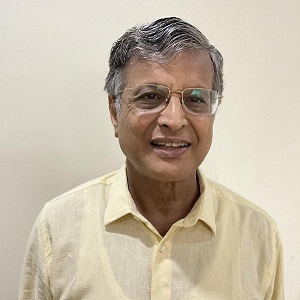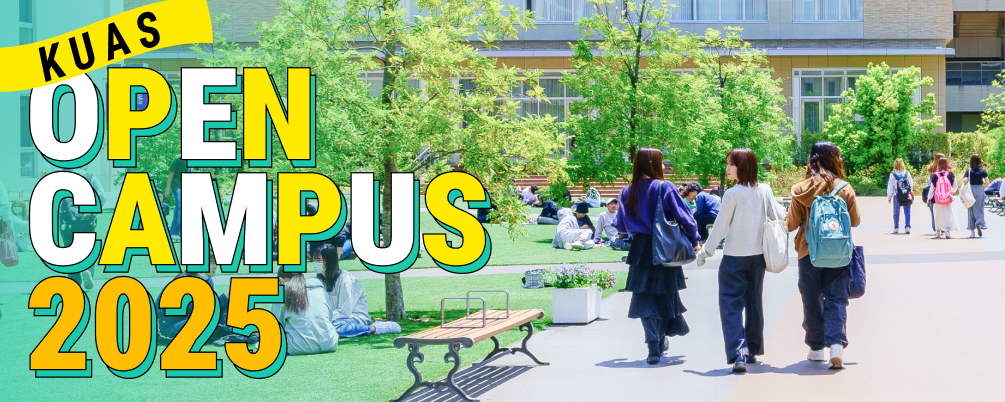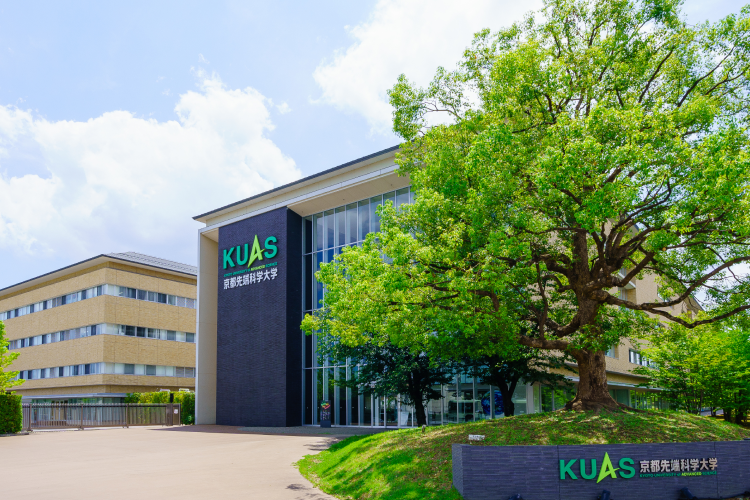
- 国際学術研究院
- ビジネススクール(MBA)
- 教授
専門分野 | 経済成長と社会開発;社会関係資本;科学的精神;ヒンズー教精神とインド文化;集団 |
|---|---|
所属学会 | アジア公共政策開発研究所(インド・コルカタ) Asian Institute of Public Policy and Development Studies, Kolkata, India |
担当科目 | 実践プロジェクトⅠ、戦略的マネジメントB(ヒンドゥー教の精神性とインドの文化)、MBAコース セレクト・トピックスII、サプライチェーン・マネジメント、研究指導Career Field ExperienceⅠ Strategic Management B(Hindu Spirituality and Indian Culture) MBA Courses on Selected TopicsⅡ Supply chain management Research Guidance |
学位 | 博士(空間経済学・地域科学) ボストン大学 |
略歴 | コルカタ市内プレシデンシー大学で理学士号(優等)とコルカタ科学技術大学で化学修士号を取得し、1979年にインド公務員となる。デリー大学で法律を学び、1992年に同大学でLL.B.の学位を取得した。1995年から2000年にかけてボストン大学大学院で経済学を専攻し、経済学修士号と経済地理学博士号を取得。2002年から2003年までボストン大学経営学部で教鞭をとり、その後インド歳入庁に戻る。2015年に公務員を退職し、京都大学経営管理大学院の主任教授となる。現在は、京都先端科学大学国際学術研究所担当の専任教授を務める。アジア公共政策開発研究所(コルカタ)の創設者副会長でもある。 |
研究内容
学者として、シュリ・レイは、人間社会における包括的発展と価値を引き出す活動の成長ダイナミクスに焦点を当てた研究を行った。2019年に京都大学の最優秀教授賞を受賞し、それ以前には、1995年から1997年にかけて、ワシントンDCの世界銀行からフェローシップを受けていた。現在の研究では、21世紀に出現した人類の産業革命後の知識社会において、科学的精神性を含む文化的・制度的要因が、どのように包括的発展と価値創造活動の成長ダイナミクスを促進するのか、そのメカニズムを探求しています。
研究キーワード | 包摂的かつ持続可能な開発と成長、社会資本、集団行動、科学的 |
|---|





